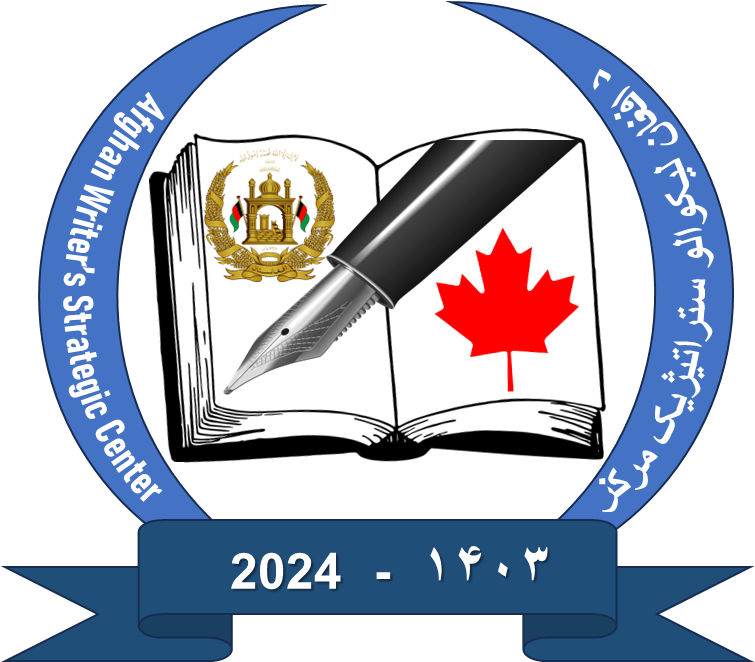Guardians of National Heritage Who Shape the Narrative of Afghanistan:
Throughout the tumultuous history of Afghanistan, there have been numerous writers who have dedicated their lives to documenting the rich tapestry of Afghan culture, society, and history. These historical writers have often served as chroniclers of their time, offering invaluable insights into the country’s past, while also providing a window into its complex and diverse heritage. Through their literary works, they have strived to preserve the essence of Afghan identity, capturing the struggles, triumphs, and nuances of Afghan life over the centuries. Despite the challenges of political upheaval, conflict, and social change, these writers have remained steadfast in their commitment to literature, leaving behind a legacy that continues to inspire and enlighten readers both within Afghanistan and beyond.
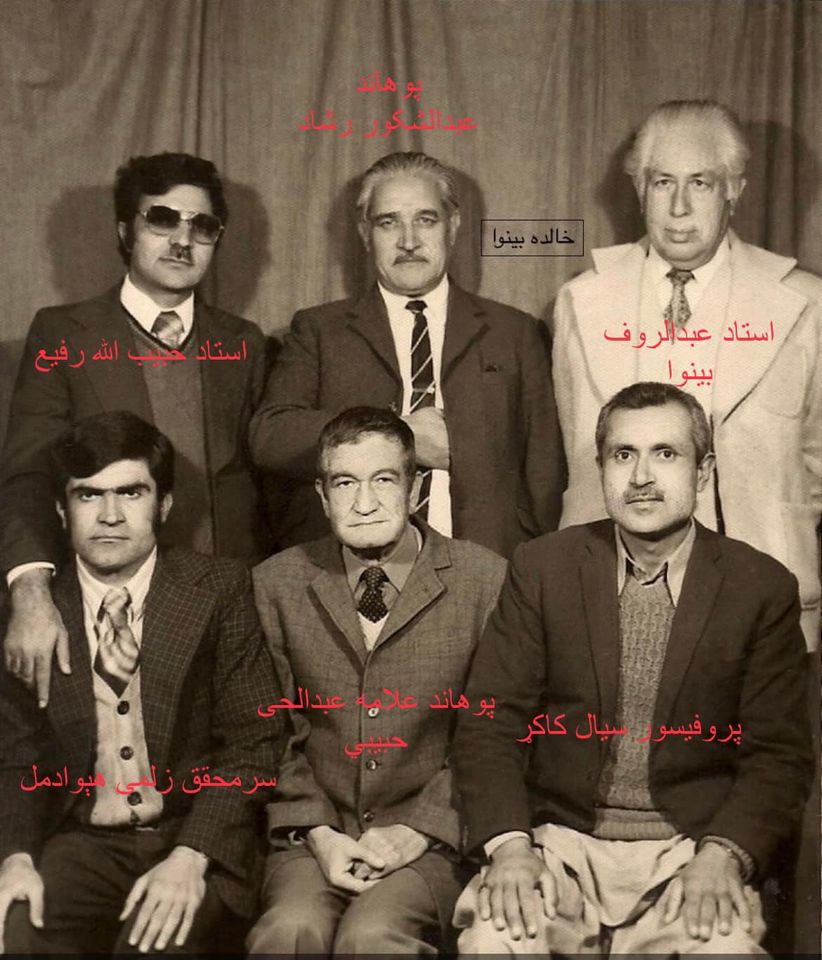
Among the great Afghan writers whose names resonate through the annals of literature is Ahmad Shah Durrani, widely regarded as the founder of the modern state of Afghanistan, whose contributions extend beyond politics to poetry; Abdul Rahman Pajhwok, a distinguished diplomat and writer known for his poetry and prose; and Khaled Hosseini, whose novels such as “The Kite Runner” and “A Thousand Splendid Suns” have garnered international acclaim, shedding light on Afghan life and history. These writers, among many others, have left an indelible mark on Afghan literature, ensuring that the voices of their nation endure through the ages.
UPCOMING
MEET YOUR FAVORITE AUTHOR

Prof. Abdul Rauf Benawa
Benawa’s literary prowess extends beyond his written works; he is also recognized for his efforts in promoting literacy and education in Afghanistan. As a teacher and educator, he has dedicated himself to nurturing the next generation of Afghan writers, instilling in them a sense of pride in their cultural heritage and a commitment to the written word. In addition to his literary pursuits, Benawa has also been actively involved in advocating for social and political change, using his platform to amplify the voices of marginalized communities and promote peace and reconciliation in Afghanistan. Through his multifaceted contributions to literature and society, Abdul Rauf Benawa has emerged as a guardian of Afghan heritage, shaping the narrative of a nation and inspiring generations to come.
Written by:
M R Khadem
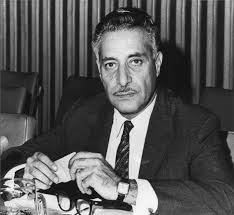
Abdul Rahman Pajhwok
Pajhwok stands as a towering figure in Afghan literature, celebrated for his profound impact on the country’s cultural and intellectual landscape. Born in Kabul in 1926, Pajhwok dedicated his life to the pursuit of literature, particularly poetry and historical writings. His poetic verses, characterized by their eloquence and depth, reflect the essence of Afghan nationalism and resilience, resonating deeply with audiences across generations. Pajhwok’s historical works serve as invaluable chronicles of Afghan history, offering insights into the country’s past while highlighting the struggles and triumphs of its people. Beyond his literary achievements, Pajhwok was also known for his activism and advocacy for social justice, using his platform to champion the rights of marginalized communities and promote unity and understanding among Afghans. His legacy continues to inspire and influence Afghan writers and intellectuals, cementing his status as a seminal figure in Afghan literature and a beacon of hope for the nation’s future.
Written by:
Nisar Karimzai
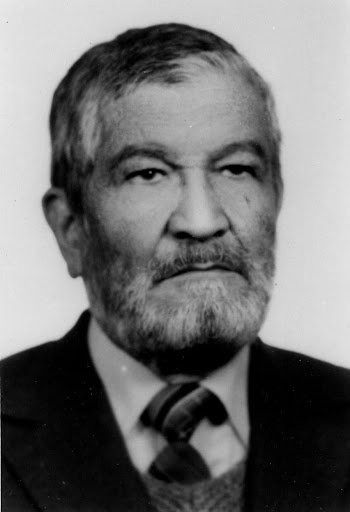
Prof. Abdul Hay Habibi
Prof. Habibi was a towering intellectual figure in Afghanistan, renowned for his vast contributions to the fields of history, literature, and culture. Born in Kabul in 1910, Habibi dedicated his life to the scholarly pursuit of understanding Afghanistan’s rich heritage. His extensive research and writings delved deep into Afghan history, shedding light on its ancient civilizations, cultural traditions, and linguistic diversity. Habibi’s seminal work, “Afghanistan Dar Masir-e-Tarikh” (Afghanistan in the Course of History), remains a foundational text in the study of Afghan history, offering a comprehensive overview of the country’s past from ancient times to the modern era. As a professor at Kabul University, he inspired countless students with his passion for knowledge and his commitment to academic excellence. Beyond academia, Habibi was also actively involved in promoting Afghan culture and heritage, serving as a staunch advocate for the preservation of historical sites and artifacts. His enduring legacy continues to shape the discourse on Afghan history and identity, cementing his place as one of the foremost intellectuals in the nation’s history.
Written by:
Eng. Amin Zarif
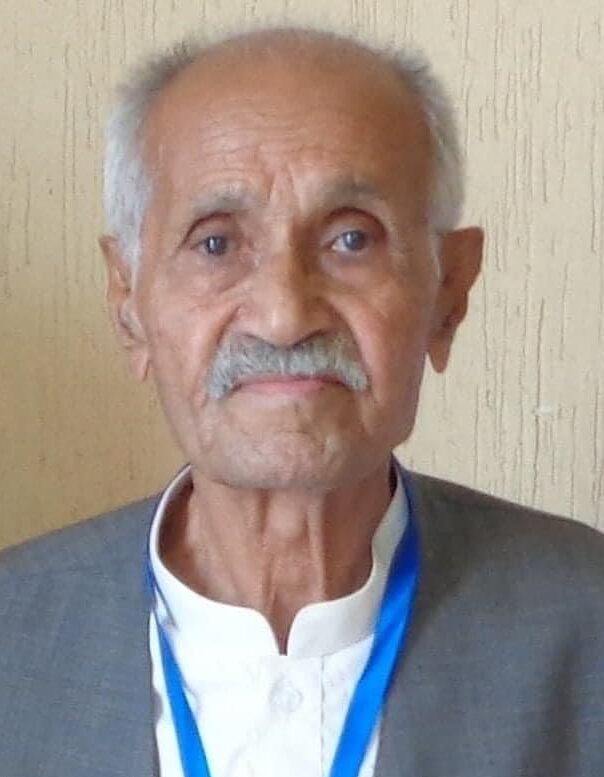
Prof. Syal Kakar
Prof. Kakar was a distinguished scholar and educator who made significant contributions to the academic and cultural landscape of Afghanistan. Born in Kandahar in 1940, Kakar devoted his life to the pursuit of knowledge, particularly in the fields of literature and linguistics. As a professor at Kabul University, he played a pivotal role in shaping the minds of countless students, instilling in them a passion for learning and a deep appreciation for the rich literary heritage of Afghanistan. Kakar’s own scholarly works, spanning topics such as Pashto poetry, folklore, and linguistics, reflected his profound understanding of Afghan culture and his commitment to preserving its legacy. Beyond the classroom, he was actively engaged in cultural initiatives aimed at promoting Afghan literature and fostering intercultural dialogue. Kakar’s dedication to scholarship and his unwavering belief in the power of education left an enduring legacy, inspiring future generations of Afghan intellectuals to continue his work in advancing knowledge and preserving their cultural heritage.
Written by:
Prof. Amir Kamawal
